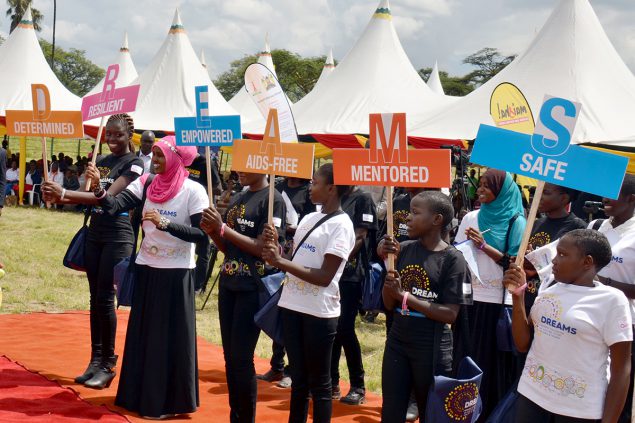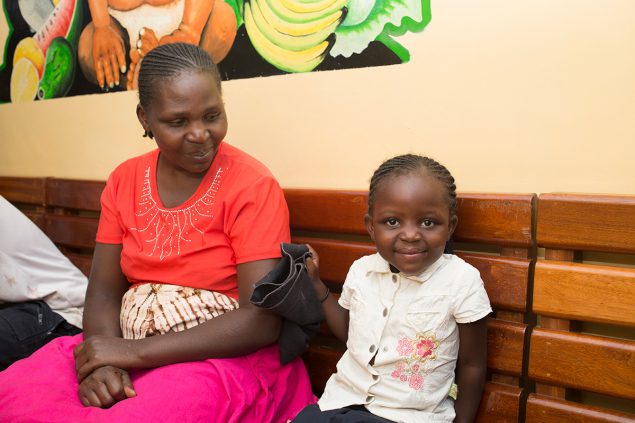Implementing Evidence-based Public Health Programs
CDC Kenya, in collaboration with local and international partners, evaluates, implements, and scales up proven approaches to achieve large-scale and demonstrable reductions in preventable illness and death.
Mothers and Newborns

Our strong partnership with the Kenya Ministry of Health is critical to achieving maternal and newborn health goals. As a major implementer of the President’s Emergency Program for AIDS Relief (PEPFAR), CDC Kenya works to prevent mother-to-child transmission of HIV. CDC Kenya ensures that pregnant women receive routine HIV testing, that HIV-infected mothers and their exposed infants receive antiretroviral therapy, and that families receive education on safe infant feeding practices.
To contribute to the world’s knowledge about how best to protect pregnant women from malaria, CDC Kenya conducts research on intermittent preventive treatment in pregnancy (IPTp). Within this research context, CDC Kenya has been able to provide participating mothers with health education, free transportation to deliver in a healthcare facility, and waived delivery costs, which has resulted in over 90% of the participants delivering at a health facility compared to an average of 40% in the same communities.
Infants and Children
In Kenya, more than 1 in 7 children die before their fifth birthday from causes that are largely preventable: pneumonia, diarrhea, and malaria, with malnutrition often as an underlying cause. One of the best investments we can make to fight preventable diseases and curb child deaths is to improve routine immunization, particularly for pneumonia and diarrhea. Since rotavirus is the most common cause of severe diarrhea in infants and children worldwide, CDC Kenya, in collaboration with the Kenya Medical Research Institute (KEMRI), was one of several sites for a rotavirus vaccine trial. Results of the trial showed the RotaTeqTM vaccine reduced the number of cases of severe rotavirus diarrhea by 82 percent in the first year of life. As a result rotavirus vaccination has been included in all national immunization programs.
Families and Communities

CDC Kenya and partners work in refugee camps in the region to conduct surveillance for infectious diseases and provide support for disease outbreak and emergency response. Each year, up to 25,000 refugees from African countries are resettled in the United States. Before resettlement, most refugees have resided in difficult environments with limited access to medical care and preventive health services, leaving them at a significantly increased risk of illness, death and disability from a variety of health problems. CDC provides testing and treatment for several diseases before refugees emigrate and liaises with the Office of Refugee Resettlement and other partners to ensure a continuum of care is provided for refugees as they transition to life in the United States.
Vulnerable Populations
CDC Kenya supports the implementation of health programs in vulnerable populations. This includes intervening among refugees, providing HIV services to key populations, and supporting public health work in urban informal settlements and poor rural areas. In refugee camps, CDC Kenya supports the implementation of surveillance activities to protect the health of refugees and host community populations, to ensure safe and healthy travel of US-bound refugees, and to prevent the importation of infectious diseases of public health significance to the U.S. and its territories. In addition, CDC Kenya supports HIV services to key populations including sex workers, people who inject drugs, and men who have sex with men